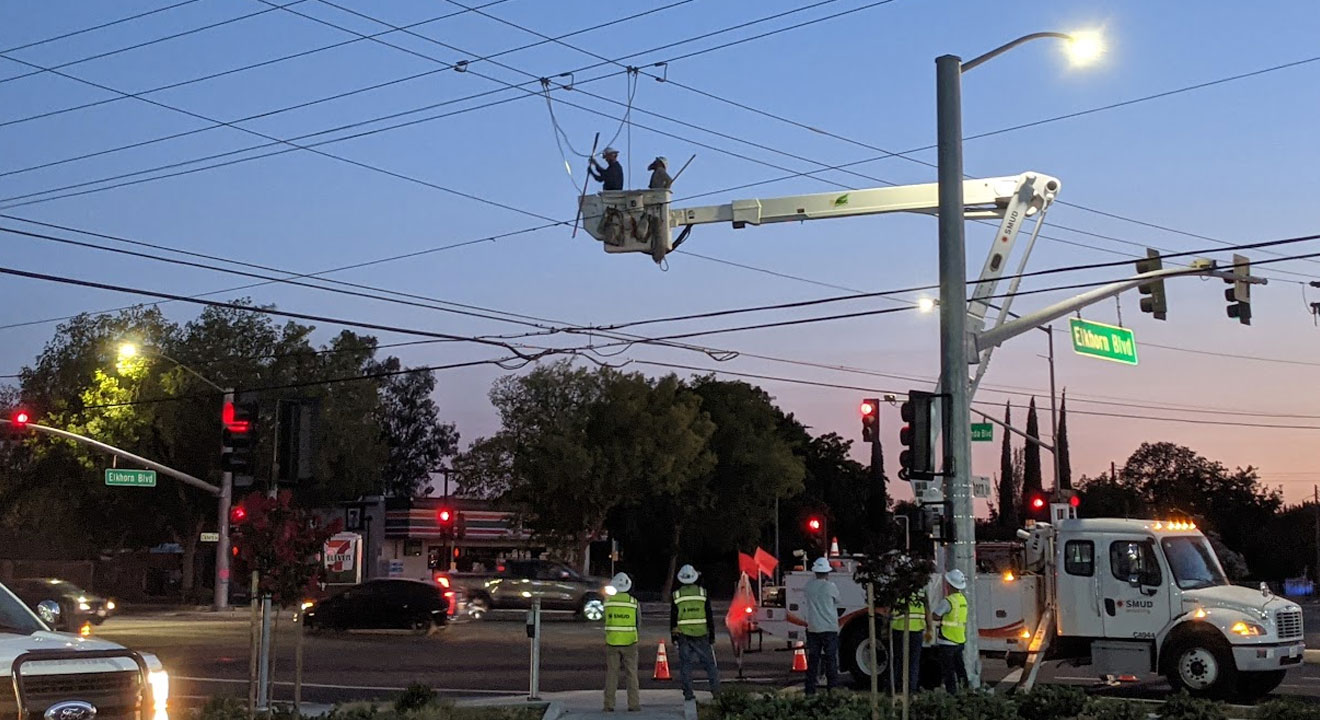
You may have seen on the news or outside your car window as you drive through town that a movement is growing in California. There is increasing support for the simple notion that children in California need to get outside and play. Since the onset of the COVID-19 pandemic, children have been denied access to youth sports, physical education classes, and even playgrounds. Like many drastic steps taken in the early days of the pandemic when much was unknown about the virus, such actions seemed like acceptable, short-term precautions. It is not March 2020 anymore. We have more information on which to make decisions about our citizenry’s health and safety. The time has long passed for children to get back in the game.
All priorities being about protecting health right now; physical activity for our youth is becoming more important than ever. That simple notion is defensible with the common knowledge we know to be true that kids need exercise to protect their physical health. Cardiovascular health, body composition, strength, coordination are all things that are put at risk if children are not getting enough physical activity. Virtual learning is challenging enough, but I think we can agree that physical education has its own unique difficulties. Does the child live in a home with a large yard? Near a safe park? Does the child have access to an outdoor gym or online fitness class? Children with access to some or all the above may be having an easier time getting the exercise they need than children who do not. That is why the decision to restrict physical activities for youth so stringently is not only an issue of health but also an issue of equity.
Then there is the importance of mental health. I have spoken before of the dangers of focusing too closely on one health crisis at the expense of creating others. Everyone receives mental benefits from exercise, none more so than children. Exercise is an excellent way to cope with stress, socialize with friends, and build confidence. There are also the benefits of participating in team sports like learning how to work together, responsibility, communication. Stripping away these critical outlets and opportunities for children is depriving them of some of the most important aspects of being a kid while preparing for a stable future. For some children, sports could determine their entire future as a pathway to college or even professional sports opportunities. State officials may consider what type of future California children will have with so much critical development time spent looking at a computer screen in isolation.
California stands among only around a dozen or so states holding on to the practice of restricting youth sports to such an extreme level. It is unnecessary. Models for the safe continuation of youth sports exist across the country, and in every regard, they are successful. We know now that a lack of exercise has devastating effects on physical and mental health. We know that transmission among athletes is significantly lower than other forms of social contact. It is difficult to understand any reasoning at this point to keep kids from having adequate access to sports and exercise.
As I said, I do not want us to focus so narrowly on one threat to health that we become blind to others. The reality of children struggling more with mental health than ever before is beyond anecdotal. Studies and stories of increases in depression, eating disorders, anxiety, and suicidal tendencies are right there for all to see. Children need to get off of Zoom and on the field to be protected from these avoidable conditions. The future of our children is not something to think about tomorrow but today. For the sake of comprehensive well-being, California officials need to get together, listen to the pleas of desperate children and parents, and the research piling up from entities interested only in the facts. When the reality that has been created is looked at through a pragmatic lens, it is clear the need exists for our children and our state to let them play.
Thank you for reading – and as always, if you want to contact me, call me at 916-874-5491, or e-mail me at SupervisorFrost@saccounty.net.
Sue Frost represents the 4th District, which includes all or part of the communities of Citrus Heights, Folsom, Orangevale, Antelope, Rio Linda, Elverta, Gold River, Rancho Murieta, North Highlands, Carmichael, Foothill Farms and Fair Oaks













